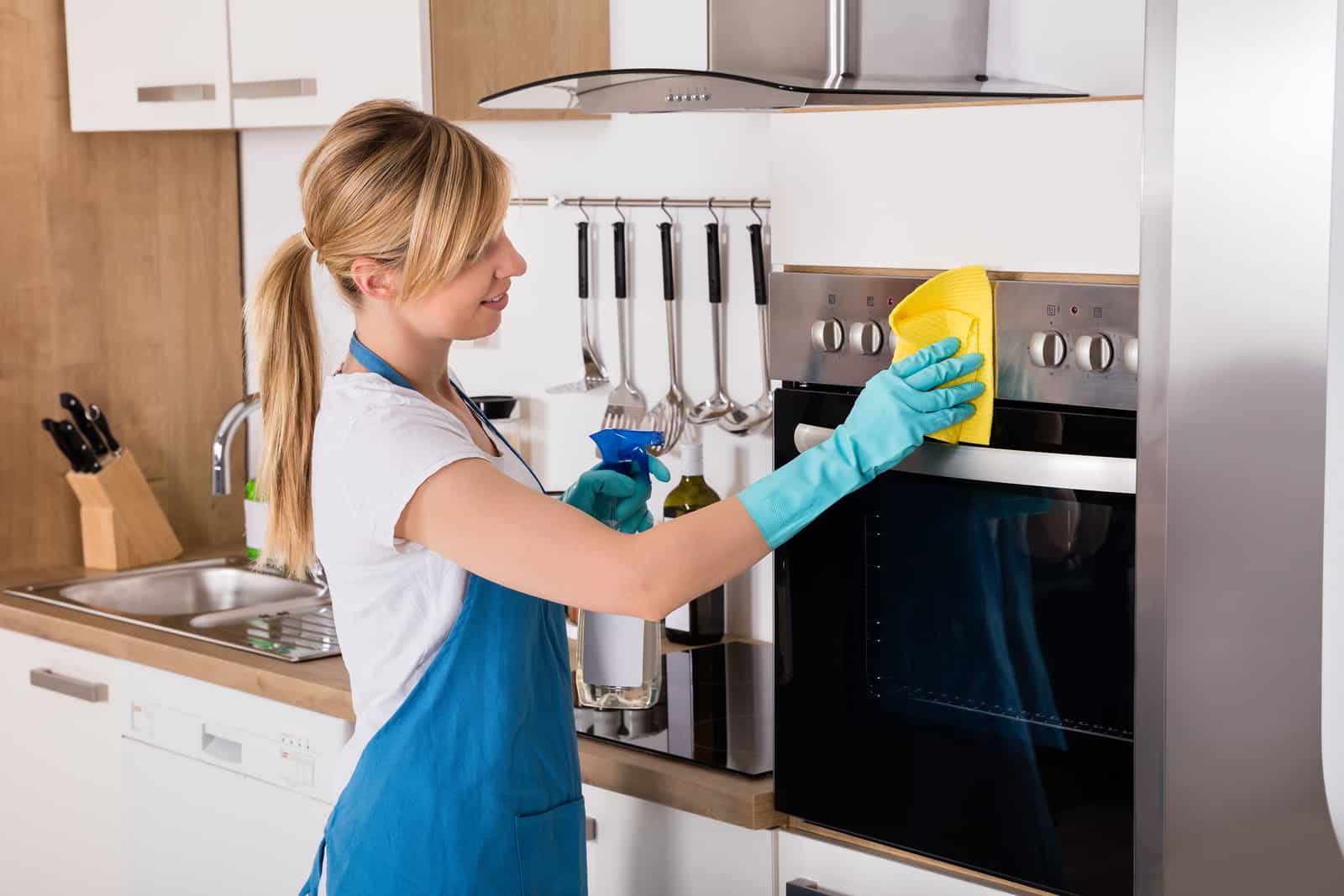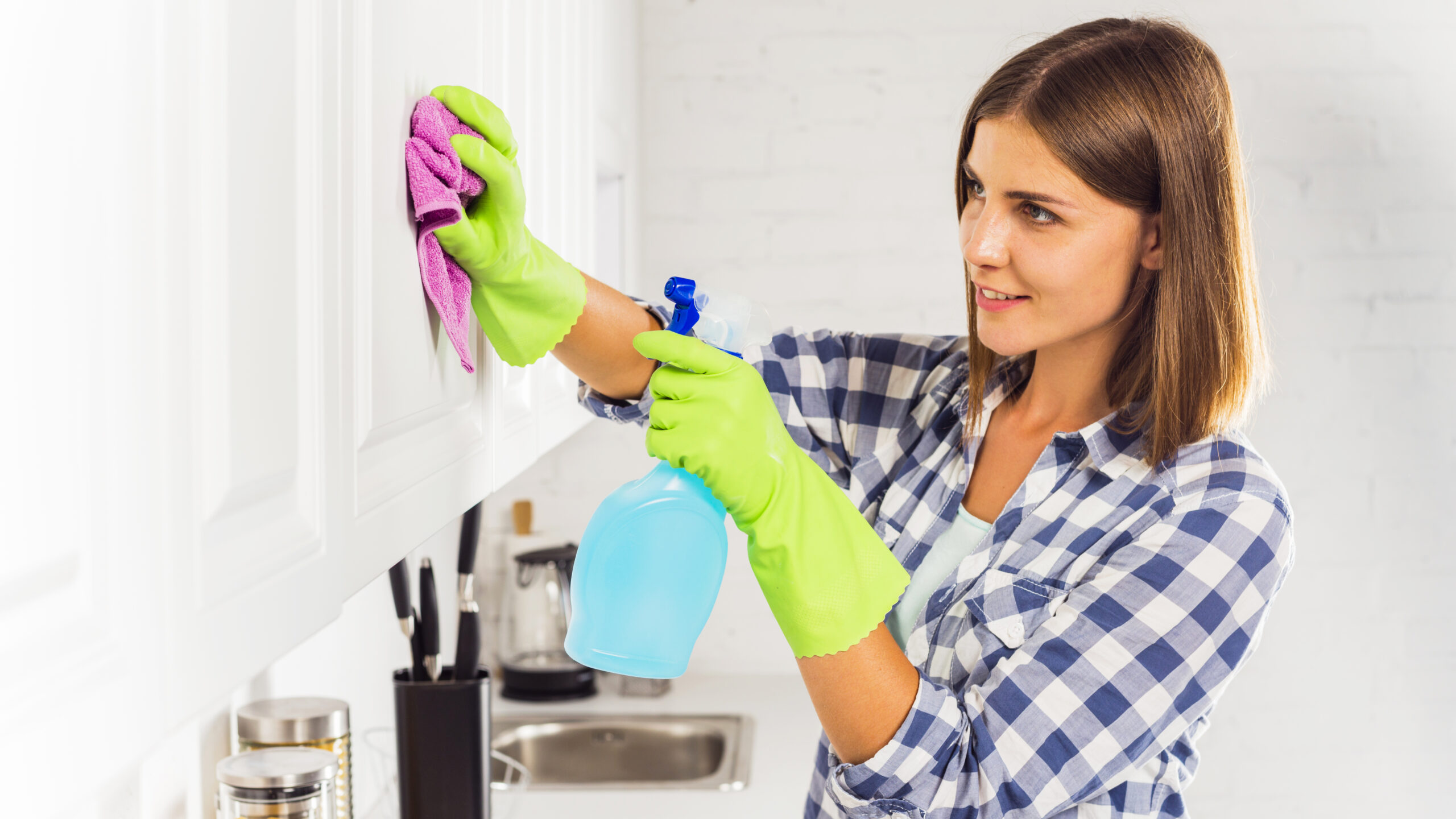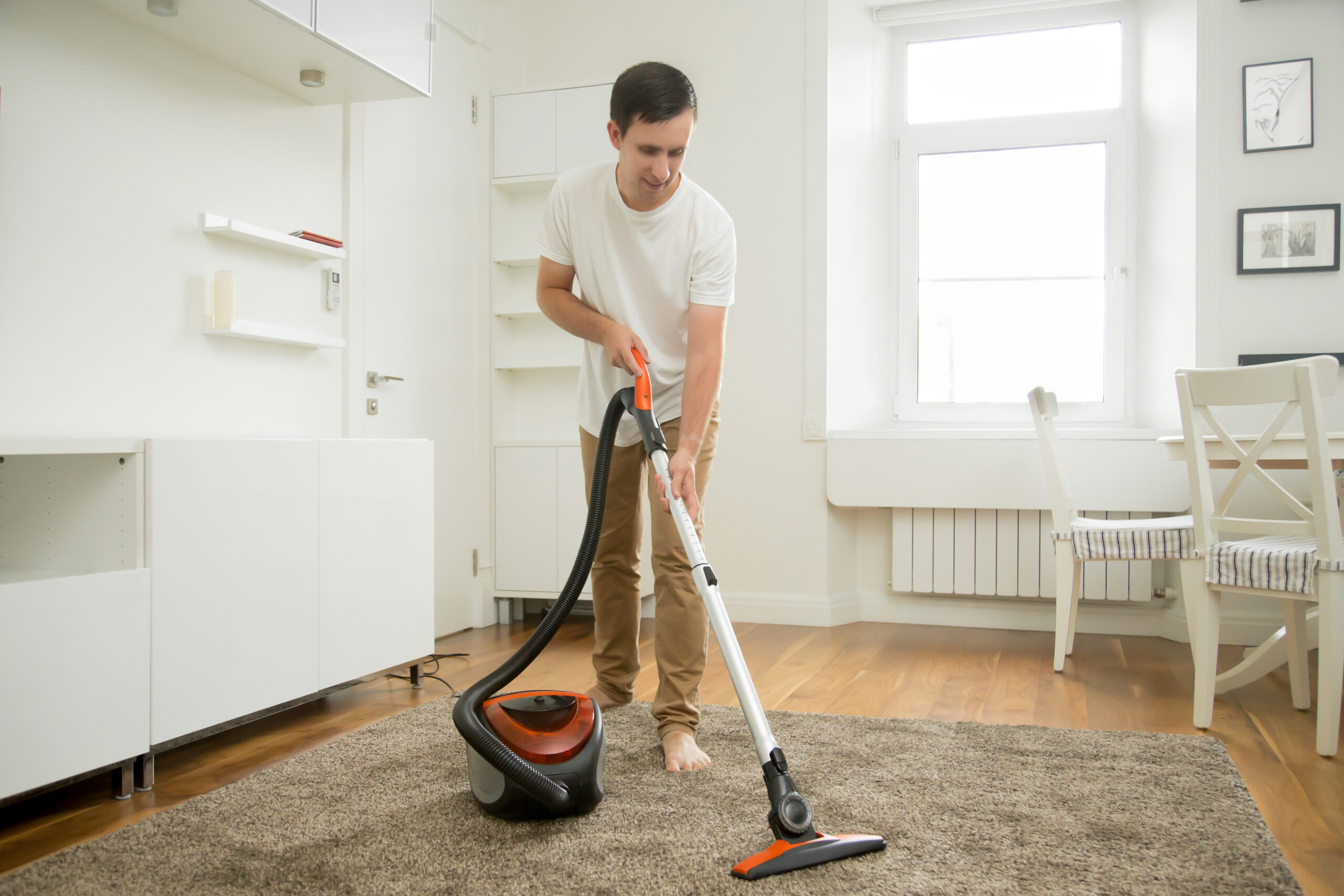9 Tips to Keep Kitchen Appliances Clean
Keeping your kitchen appliances cleaning is essential to having a well-functioning, safe kitchen. However, it can be difficult to keep track of all the different parts and pieces of your appliances. To help you out, we’ve outlined 9 tips for keeping your appliances sparkling clean!
Table of Contents
Clean your appliances with baking soda.
- Baking soda is a natural deodorizer, and it can be used as a gentle abrasive.
- Baking soda is also a great disinfectant (it acts as an alkali, which breaks down the cell walls of bacteria).
- Baking soda can clean your appliances by removing stains and odors!
You’ll need:
- Warm water
- Baking Soda
Gently scrub with a sponge and soapy water.
If your appliance is stain-prone and the dirt is greasy, use a mild detergent and a soft cloth to gently scrub it. Use a gentle scrubbing motion and do not apply too much pressure; if necessary, lift up the item rather than pressing down into it. Rinse thoroughly in lukewarm water (not hot), then pat dry with another soft cloth.
To prevent scratches on plastic surfaces, avoid abrasive cleaners—and always dry them well after cleaning!
Clean the inside of your oven without chemicals.
The inside of your oven is one of the most difficult places to clean. It is hard to reach, and the gunk you have to remove can be stubborn! With a little patience, though, you can get it done without chemicals. To start, take out all racks and trays from your oven. Then mix a solution of warm water and baking soda in equal parts (1 cup of each). Use this solution on a damp cloth or sponge to wipe down all surfaces inside your oven for about 15 minutes. Then let it sit for another 15 minutes before wiping up any excess moisture with a dry cloth or towel. If there are still any stubborn spots that were not cleaned by this process, use an old toothbrush or soft scrub brush and gently scrub away any stuck-on food particles until they are gone!
Remove water spots on glass top stove.
If you have a glass top stove, there are several things that can be done to keep it clean. First, use a mixture of vinegar and water to remove any food or grease stains from the stovetop. Then wipe down the surface with a soft cloth until everything is gone. If there are any stubborn stains left behind, use a paste made from baking soda and water to scrub them away using an old toothbrush or sponge. For more stubborn spots, try using lemon juice diluted with water instead of vinegar since it’s less acidic than vinegar and will not damage your glass top stove as much as other cleaning products would if used improperly
Clean stainless steel appliances right.
First, you should know that stainless steel appliances are very easy to clean. If your appliances are stainless steel, use a soft cloth and warm water to wipe them down. If you need to clean the appliances more thoroughly (for example, if they have spots or stains), try using a stainless steel cleaner instead of soap and water.
Use microfiber cloths for fingerprints because they can hold onto dust and dirt better than regular cloths, which means that less cleaning is necessary overall! However, avoid using steel wool on any surface other than hardwood floors—it will scratch the surface of your stainless steel appliance! Also avoid abrasive cleaners like Comet or Ajax; these will scratch off layers of material from your appliance’s surface over time, making it uneven and dull looking instead of smooth shiny metal like it should be! Lastly don’t use hot water when cleaning anything made out of aluminum oxide such as glassware or ceramics because this material will expand rapidly when exposed to heat which could cause damage in extreme cases even lead replacement costs twice what replacing a part would cost so always wash these items separately from each other using only room temperature tap water so both can maintain their shape without being overstretched due too much stretching coming from being washed together in hot
Remove rust from iron using natural ingredients.
The next time your iron rusted, try this simple solution.
- In a small bowl, mix together 1 tablespoon of lemon juice with 1/2 teaspoon of salt and 2-3 tablespoons of baking soda.
- Apply the mixture to the rust spots on your iron and let it sit for at least 10 minutes (but not more than 30). The longer you leave it on there, the better chance you’ll have at removing all traces of rust! If using any other natural remedies like vinegar or turmeric don’t seem to be doing the trick anymore, then it may be time for you to invest in an actual cleaner specifically designed for irons like this one from OxiClean which does all those things mentioned above plus comes at an affordable price point compared with other options on Amazon such as [this one](https://www
Give the fridge a good wipe down.
> Use a damp cloth to wipe down the inside of the fridge. Dampen it with a solution of 50/50 water and vinegar.
> Wipe up any leftover water with a dry cloth.
> Wipe down the shelves with a sponge or damp cloth, cleaning in straight horizontal lines so that dirt doesn’t fall onto other surfaces (you could also use an all-purpose cleaner on these spills).
> Clean around light switches and handles by wiping them off with a damp sponge or cloth dipped in warm water (use cold water for heating elements).
Don’t forget all the little crumbs in your toaster.
Before you think about cleaning your toaster, consider what you’re going to use in order to clean it. You might have a vacuum at home, or perhaps a toothpick and damp rag are all you need. Either way, make sure that whatever tool you choose won’t scratch your appliance if you’re using it on the outside or inside of the machine.
Once you’ve got your tool ready and available, start by removing any large crumbs with a damp cloth or sponge. If there are small bits left behind after that step, use something like an old toothbrush (or even one of those soft paintbrushes) in order to reach those hard-to-reach areas where food tends to get stuck when we’re cooking our favorite meals!
Keep the dishwasher free from food residue and grime.
- Use a dishwasher cleaner.
- Use a dishwasher cleaning tablet.
- Use a dishwasher rinse aid.
- Use a dishwasher detergent.
You can keep your appliances clean and working for years to come with just a few simple steps.
Baking soda is the best option for cleaning most of the hard surfaces in your kitchen. It is a natural abrasive that works wonders on stainless steel, copper, aluminum and porcelain.
If you want to remove stains from your stove top, try using lemon juice as it is a natural stain remover that can be used on both ceramic stoves and glass-top stoves. Just apply it directly onto the stained area with an old rag or sponge before washing it off with water immediately after application to avoid discoloration of your appliance’s surface. Iron rusts over time due to exposure of moisture in air which causes oxidation process in iron molecules eventually leading to rust formation if not removed timely enough according to experts at Kitchen Sink who offer tips on removing rust from appliances such as irons by spraying them with vinegar before wiping them off with cloth dipped into salt water solution after 10 minutes’ wait time
Conclusion
We hope these tips have been helpful in keeping your appliances clean and working for years to come. Appliances can be expensive investments, so it’s important that you do everything within your power to keep them functioning properly. Use the correct cleaning materials and techniques, as well as follow safety precautions when using appliances in order not to cause damage or injury.






